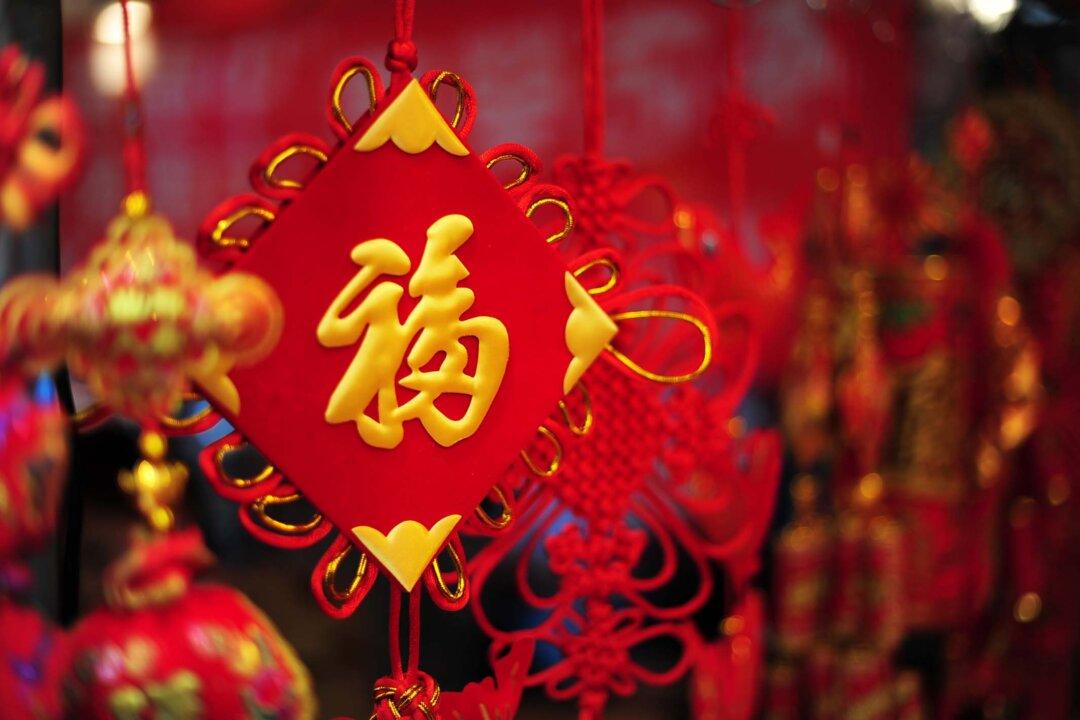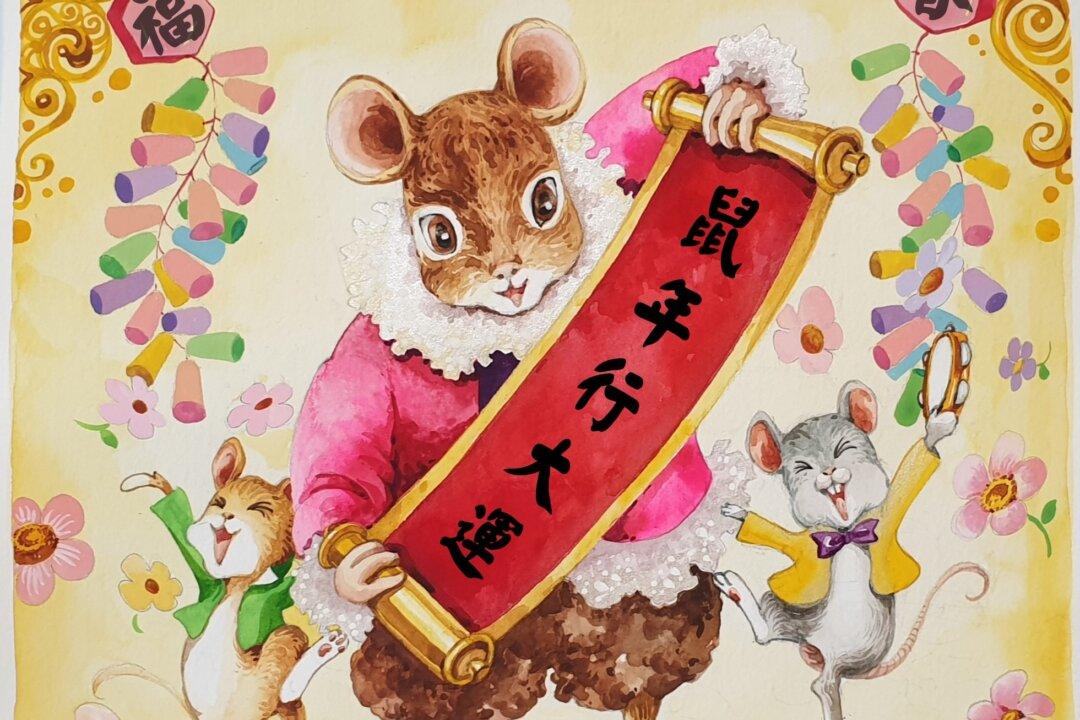A new year is an optimistic time that offers the promise of fresh starts and renewed hopes and aspirations for the future. Just a month after New Year’s Day on the Gregorian calendar, the Chinese New Year has arrived, giving us another opportunity to celebrate a new beginning and to contemplate the possibilities and blessings that it might bring.
Chinese New Year 2019, the Year of the Pig, falls on Tuesday, Feb. 5, according to the Chinese lunar calendar. It’s an annual occasion that runs for some 15 days.





